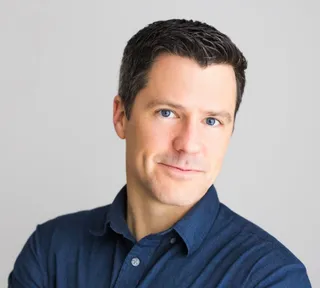“But we already knew that?!?”
On the role of “hindsight bias” in discovery research
My worst nightmare
Way back when I was a bright-eyed and bushy-tailed Qualitative Research Assistant at Harris Interactive (my first job out of college) I would spend many hours preparing reports from the customer interviews/groups that I did.
I'd then excitedly present the findings to the client, hoping that I was telling them some new insight or idea that was going to be a game changer for their business.
While that certainly happened, I also heard this more than I wanted to:
At the time, hearing this was a real kick in the pants. I had just spent hours of my life getting to this point, only for them to disregard part of the findings.
Here’s the thing. They may have already known what I was telling them. But they also (likely) did not. It took me far too long to realize why (and how to solve it).
Hindsight bias is a real thing
What was happening is called "Hindsight Bias."
In the context of customer discovery research this is a nightmare.
Why is it a problem ?
Serial doubters/haters of doing customer research (they exist, believe me) will say it’s a waste of time to talk to customers because “we already know what they’re going to say.”
That statement is usually followed by some random Steve Jobs quote about innovation, or worse the trite Henry Ford quote about faster horses (which there is no proof he ever said, but I digress).
This can lead to overconfidence in a team's ability to make future decisions without sufficient data. The attitude becomes:
How to overcome it
Luckily, the fix for this is fairly simple.
You, your team, your client, etc. should get in the habit of writing down how you think the findings will turn out prior to doing any customer discovery research.
Then you can go back at the end of every conversation/project and reference how you thought things would turn out against how they actually did.
Sure, you may be right that you “knew“ what customers would say before they said it.
But you'll be surprised how often you didn't...
Customer Discovery Newsletter
Join the newsletter to receive the latest updates in your inbox.

